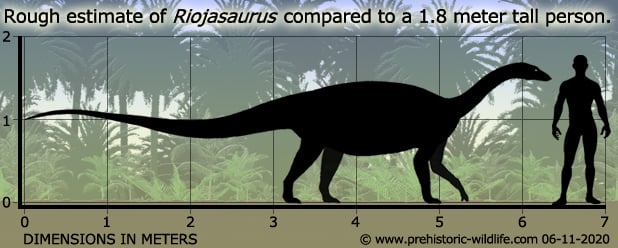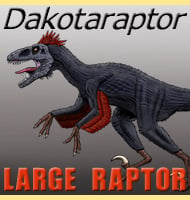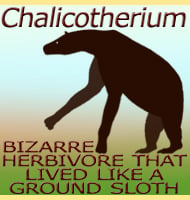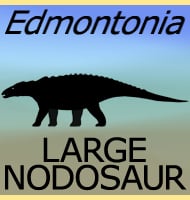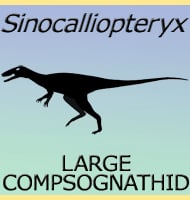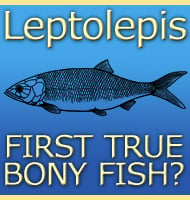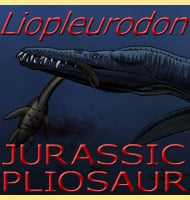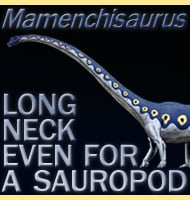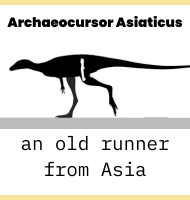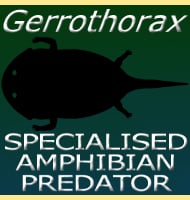In Depth
Riojasaurus was and still often is credited as being related to Melanorosaurus, though detailed study of the two genera does turn up some key differences. These two genera are both significant in the development of the sauropodomorphs into the large sauropods common by the late Jurassic in that they are both large and postured so that they were probably obligatory quadrupedal. This is different from other more basal forms of prosauropod that are considered to have been optionally bipedal or quadrupedal, a hallmark of their ancestry from earlier saurischian dinosaurs that seem to have been primarily bipedal.
As a dinosaur, the teeth of Riojasaurus were leaf shaped and serrated hinting at a preference in eating lush leafy vegetation. The scleral rings of the eyes also reveal that Riojasaurus was a cathemeral dinosaur meaning that it was active for short periods during both the day and night. Although the rear limbs were slightly longer than the fore limbs, there was not as huge a difference between them as in some more basal form prosauropod genera, reinforcing the notion that Riojasaurus walked about upon all fours.
Other dinosaurs known from the Los Colorados Formation where Riojasaurus has been found include the sauropodomorphs Coloradisaurus and Lessemsaurus. The theropod Zupaysaurus is also present in a slightly later deposit, though if they did manage to overlap then this dinosaur may have been a predator of smaller juvenile Riojasaurus.
Further Reading
- Dos nuevas “faunas” de reptiles triasicos de Argentina [Two new reptilian “faunas” of the Argentine Triassic], Jose F. Bonaparte - 1967. - Nocturnality in Dinosaurs Inferred from Scleral Ring and Orbit Morphology, Lars Schmitz & Ryosuke Motani - 2011.
